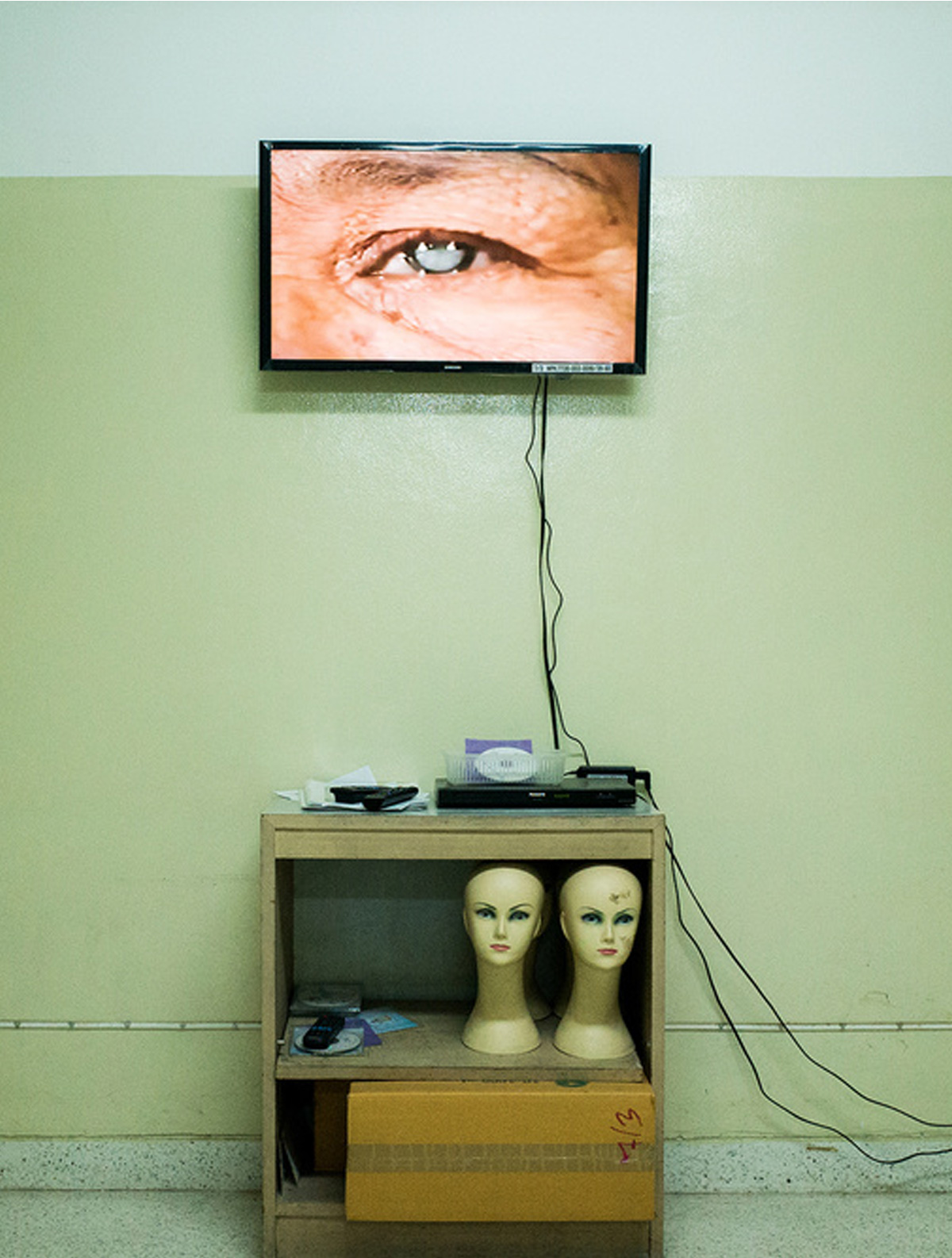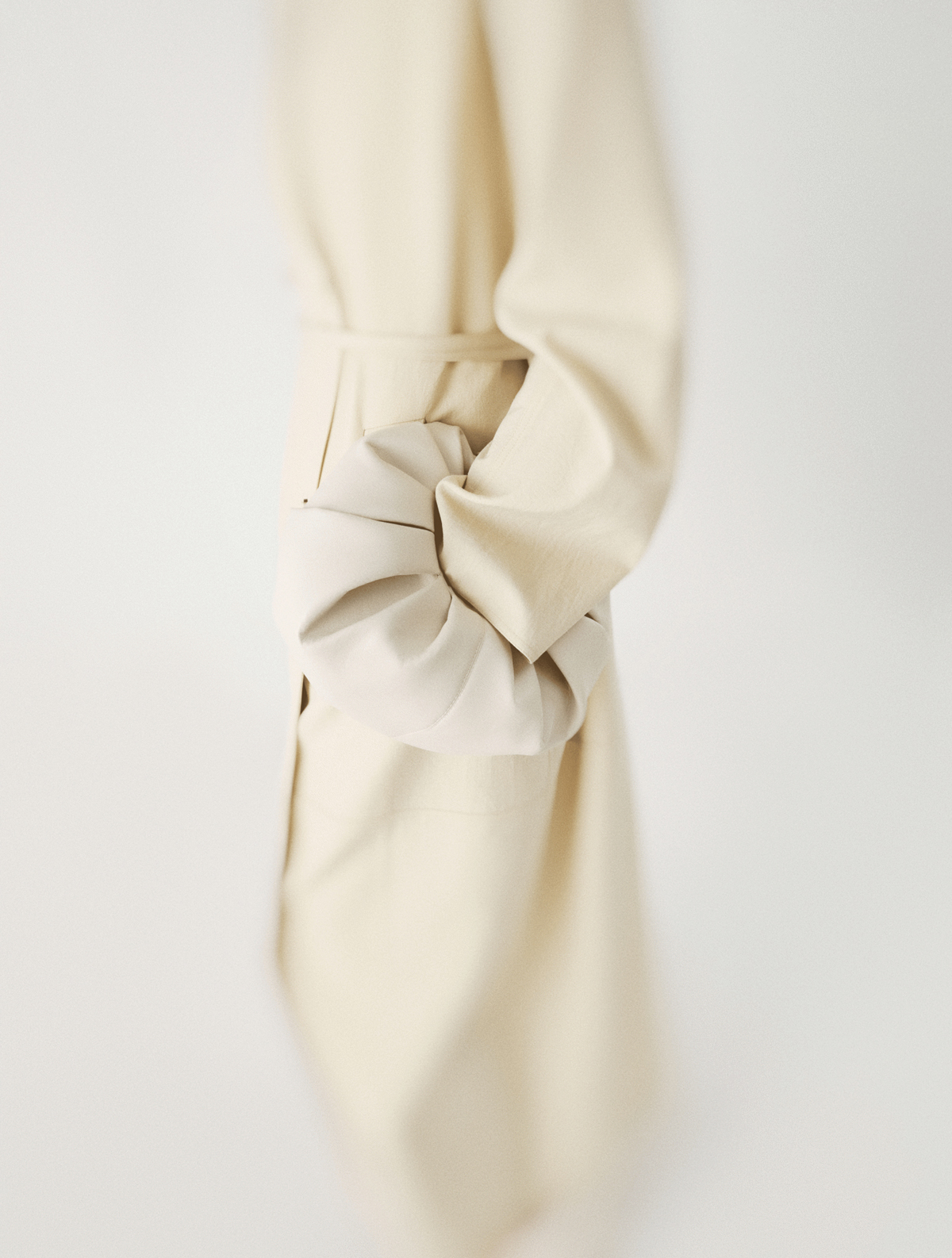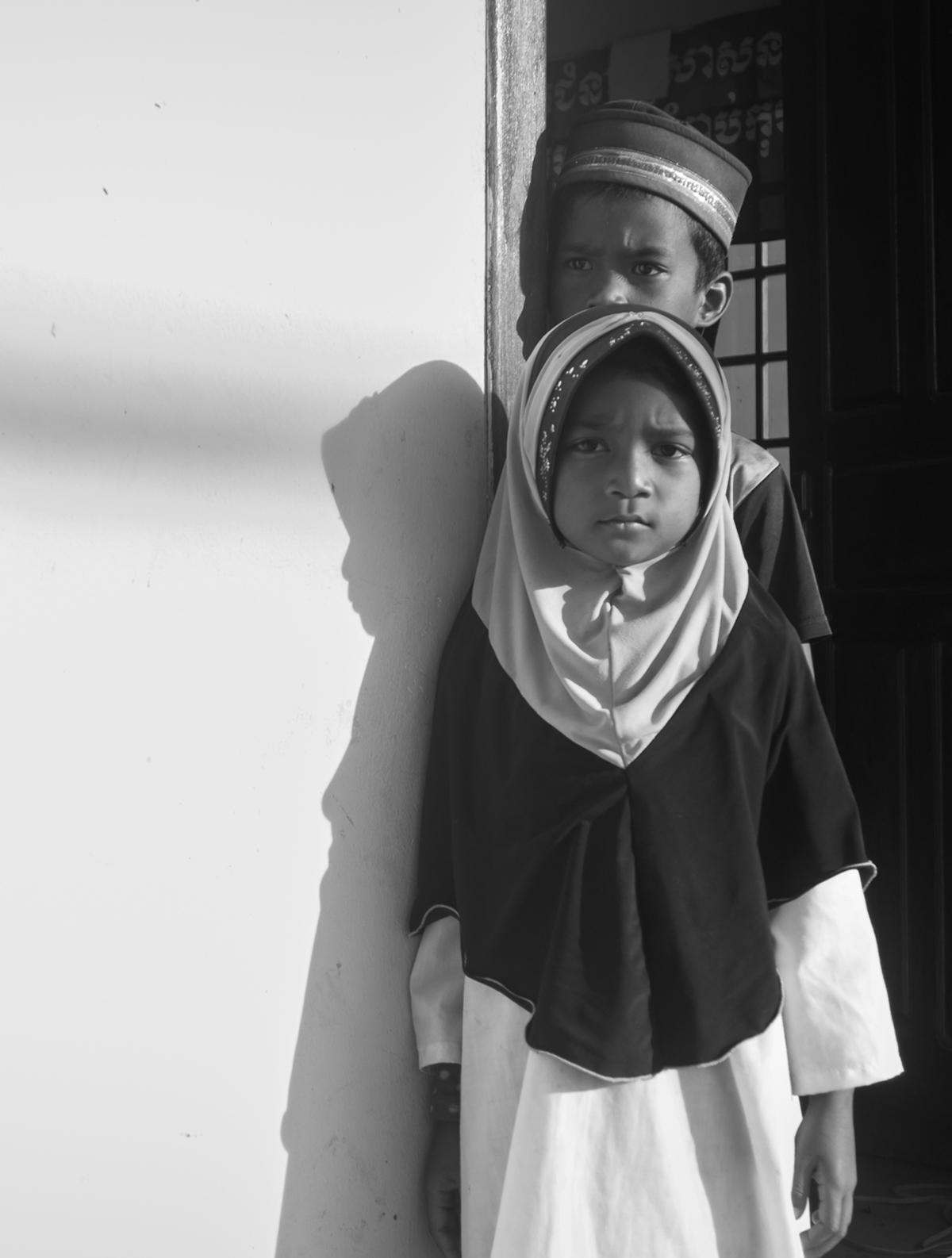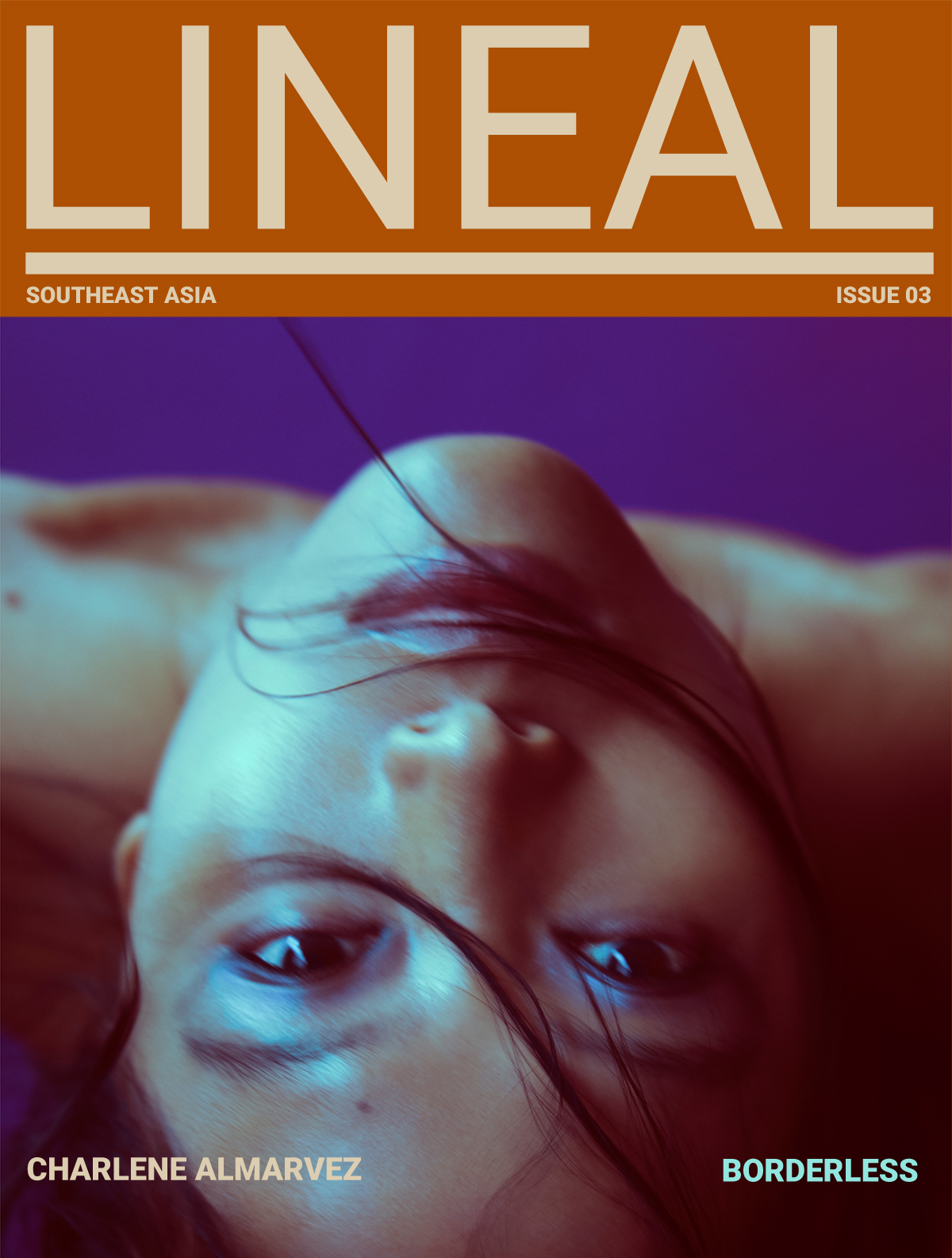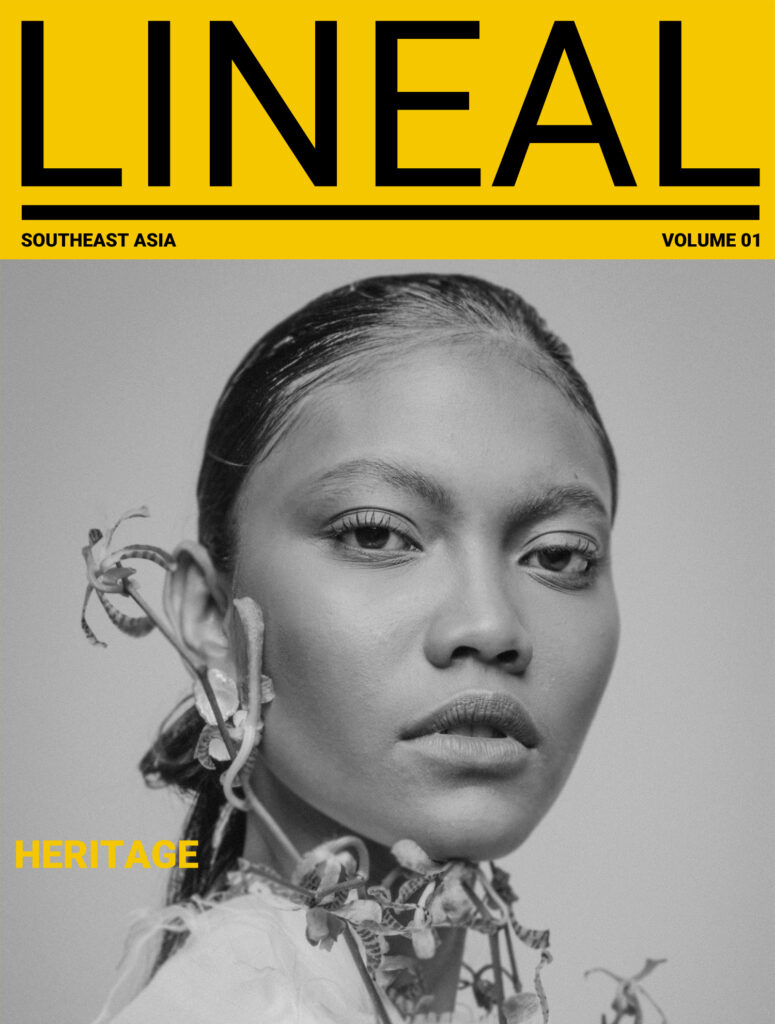Photographs by Joel Chua
Words by Niki Bruce
Published on July 29, 2021
Share this :
LINEAL reunites the advocate with editor Niki Bruce to reflect on our fashion consumption.

Jasmine Tuan is arguably Singapore’s first fashionista. She was at the centre of the cult of Zouk, co-founder of iconic fashion label FrüFrü & Tigerlily, and the founder of Blackmarket, a cutting edge curation of some of the best fashion in Asia and beyond. In love with fashion, in love with clothes, in love with accumulating ‘stuff’, Jasmine was obsessed with her wardrobe full of fashion trophies. She cheerfully admits she was a slave to her fashion addiction, unable to stop buying more, still in love with the art and craft of fine fashion. Yet something was not right. Her life of late nights, extreme parties, high heels, and toxic relationships was not enough to balance out her love for clothes. Then came a series of emotional traumas, a near death experience, the death of her grandmother, and the abrupt closure of her dream business Blackmarket. Suddenly fashion and clothes were not enough to fill the gaps in her heart and soul. Jasmine realised her life had to change.
Niki Bruce: So, tell me how you moved from Blackmarket and the more traditional retail market to where you are now, working towards a zero waste lifestyle. Tell me your story.
Jasmine Tuan: I don’t know where to begin. Blackmarket days were fun, really pushing local [Singapore] designers and Asian designers. From the front we looked like we were really successful, pushing the envelope for Asian fashion, but on the backend we were barely making ends meet. We were really struggling as a business, because I’m not a business person. That’s not really an excuse, but it was really hard.
I didn’t really have the healthiest lifestyle either … the party life, a lot of drinking, a lot of late nights. All these elements just contributed to not having good wellbeing. Then I went through depression, I had a really challenging, abusive relationship, and I had a near death experience. Blackmarket had to close because we couldn’t pay the rent, and that happened the same day as my grandmother’s wake.
But that was my awakening moment. It was a series of unfortunate ups and downs that made me question my existence. On the front everything was fine, I was looking cool … but at the back, I was not OK.
When the shop closed, I had a lot of time, and a lot of clothes. I was so proud of my possessions, I was so proud of my working wardrobe. This was my pride and my glory. I had to work hard for it all. But then when I looked at it, I suddenly thought ‘so what’. At the end of the day when I looked at it all, I thought, ‘have I just been buying stuff? Accumulating stuff? Up to this point?’
I used to see these things as my trophies. What I could afford, what I could buy, it defined me. But I started to feel like a loser … so I decided that I just wanted to sell them, to get rid of them. That was the first time I realised that clothes weren’t everything. I didn’t know what to do with myself. I was a bit lost. I thought that fashion was my life, and I didn’t know what else to do. So I just started selling off all my clothes for survival.
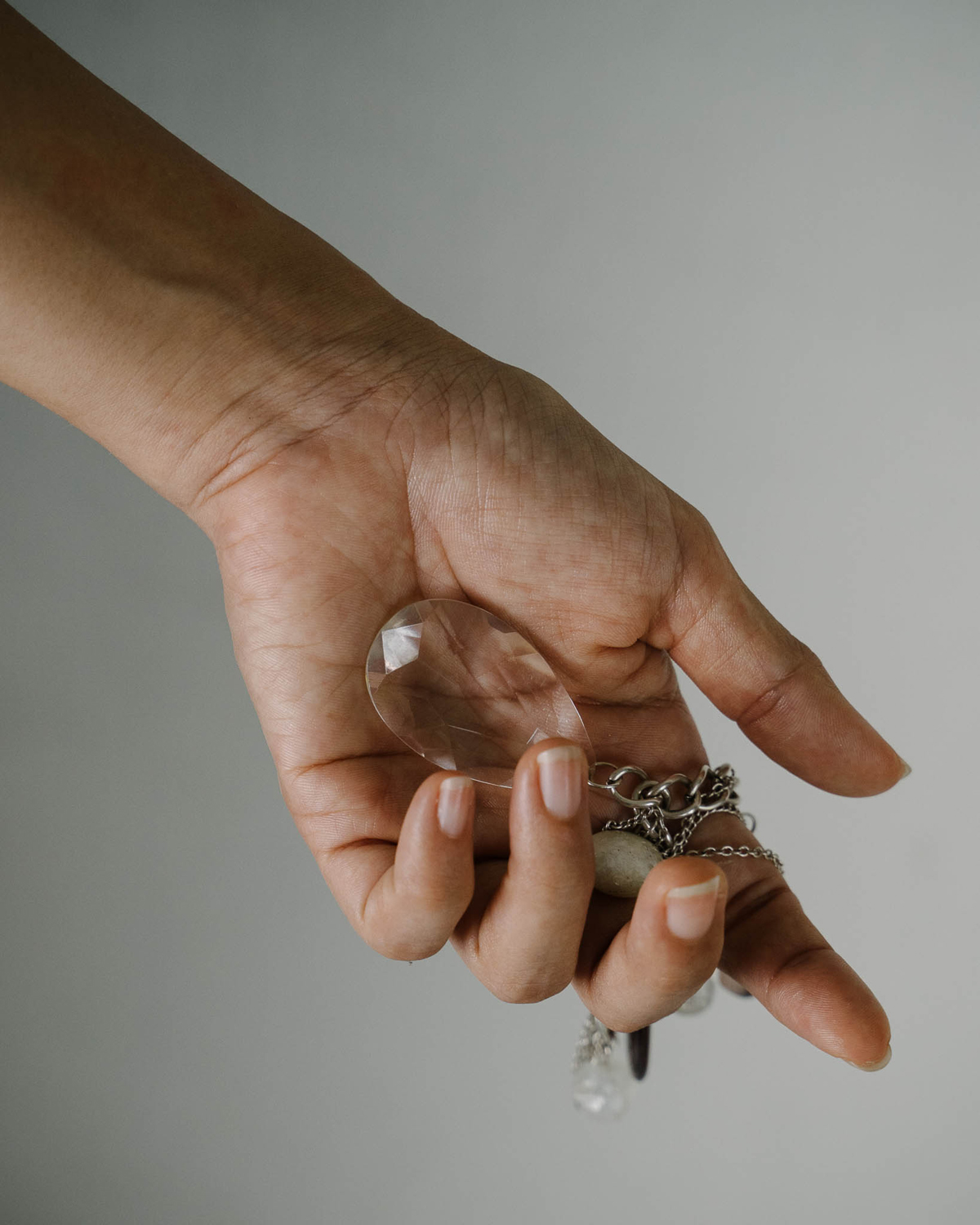
Niki: So you got rid of everything, you felt lighter. But then you moved to Malaysia for another retail job and the vicious cycle started again. You started shopping again.
Jasmine: New life, new beginnings, right? I started shopping again. The whole thing started again. My wardrobe was full again, I needed to downsize again. I started selling my clothes at flea markets; I thought I was being eco-friendly. But, no! I caught myself being in the same old cycle. I realised that something needed to really change.
At the end of 2017, I met this group called Zero Waste Malaysia, it’s an NGO that promotes sustainable living. It really opened up my eyes. As an ‘eco friendly’ person, I really thought I was, I would recycle all the time thinking that this is how the consumer closes the loop. But it’s not true. There are way more ‘Rs’ to it … Refuse, Reduce, Reuse, then Recycle. It was something that I hadn’t been exposed to.
Niki: But that’s really what most people think, isn’t it? People don’t really understand that recycling is just a small part, and that often it’s not really recycling in truth. It’s a kind of ‘greenwashing’. There’s not a lot of knowledge about what really needs to be done to improve the situation.
Jasmine: Well, angels were guarding me. I came back to Singapore to the same old place, with a walk-in wardrobe that was empty. So I thought what could I do other than just show people my Zero Waste life journey on [social media]. And that’s when Cloop started in September 2020.
Cloop is about fashion swopping, focussing on really good curated pieces from within the community, with the aim to reduce fashion over-consumption and waste. It’s purely in Singapore … since our national hobby IS shopping.
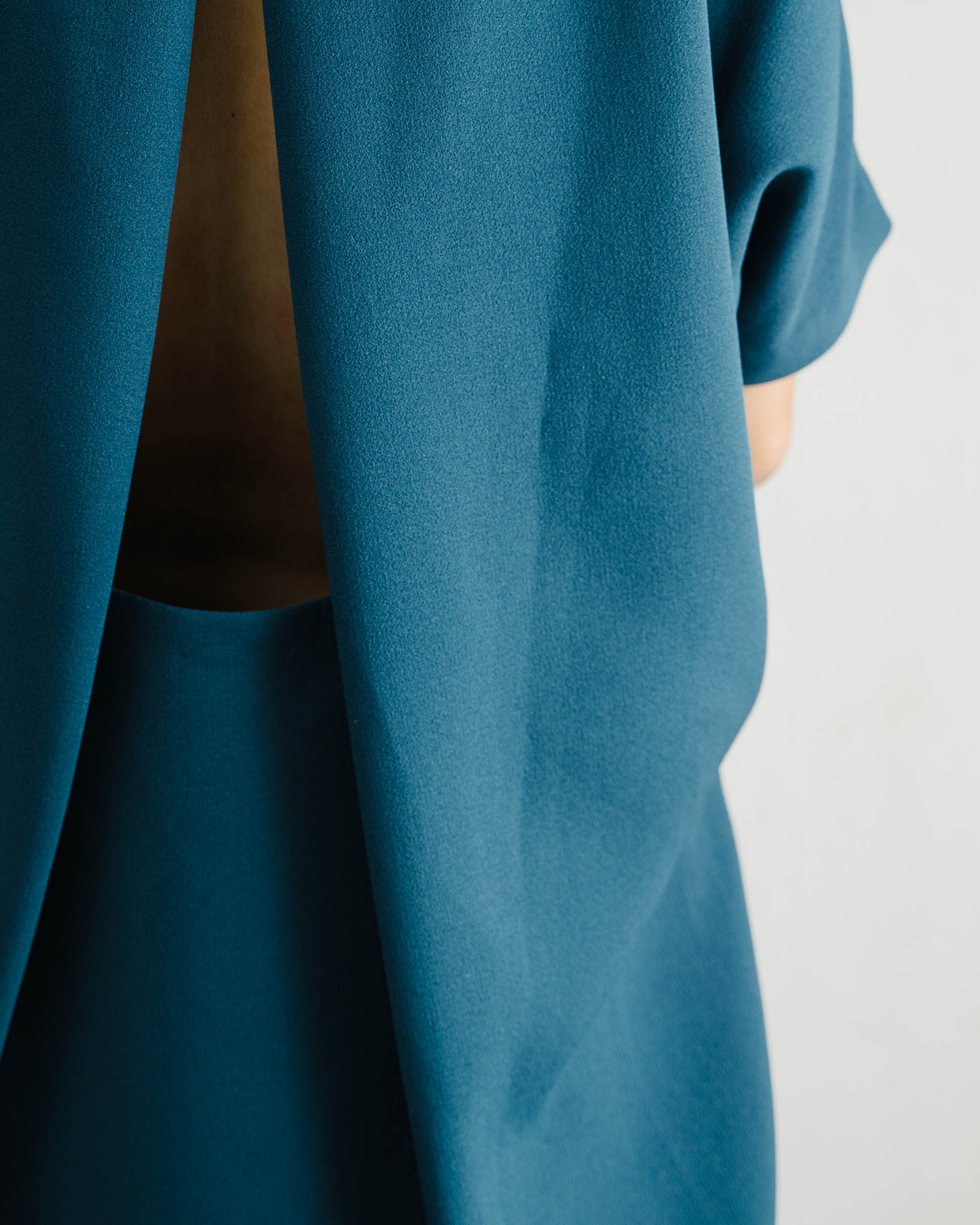
Niki: So how has that concept worked in Singapore? Since Singapore shoppers are known to prefer ‘new’ items, and there are some cultural issues surrounding wearing and using secondhand clothing items?
Jasmine: Back in the day, flea markets, or ‘thief markets’ sold items that were stolen or ‘found’. So there were rumours or myths that the items had been stolen from the dead … or there were stories about army jackets that had bullet holes in them – but I loved that, because it added character! I personally don’t have an issue with secondhand. As a child – I was the second child – I always wore hand-me-downs; and even when I went to a retail store, I never asked for a ‘new product’, I’d just take whatever was on the floor. That’s just me.
But in Singapore now, I think that a lot more of us are more open to it because we realise that we don’t wear our clothes more than five or six times. Sometimes you just wear something once, for that one special occasion, and then you never wear it again. A lot of consumers, shopaholics, are aware of that, so our task now, our role now, is to take those items, curate them and then recirculate them in our community. Charity stores are really over-burdened with all the clothes; the items aren’t curated so that people can find them easily. Items are just dumped in huge piles. In Singapore only 10% or less of the clothes donated actually make it into the retail store of the charity, the rest are bundled and sent to developing nations. You might think you are doing good by ‘recycling’ your clothes but no, you are actually destroying these countries’ garment industries. It’s so bad that some countries have actually banned the dumping of these excess clothes.
It’s the same as plastic waste, or other environmental waste. Countries now need to start dealing with their own waste. When these clothes are rejected, they are then incinerated. Which is really wasteful.
We [Cloop] are really such a small initiative, we have only circulated about 2,000 items in the last eight swops, which of course are very small due to Covid. But we are hoping that in the future we can have larger pop-up swops monthly to increase the number of items we can circulate.
Donation is not a solution to over-consumption.
We have to be aware, and realise, that we already have too many clothes. What more do we want, or need? Why don’t we just start wearing all our clothes? And if we stop wearing something; bring it out to swop. Swopping is amazing. Swopping is the perfect solution for someone who has stopped buying new clothes, but who still wants to enjoy new styles and fashion.
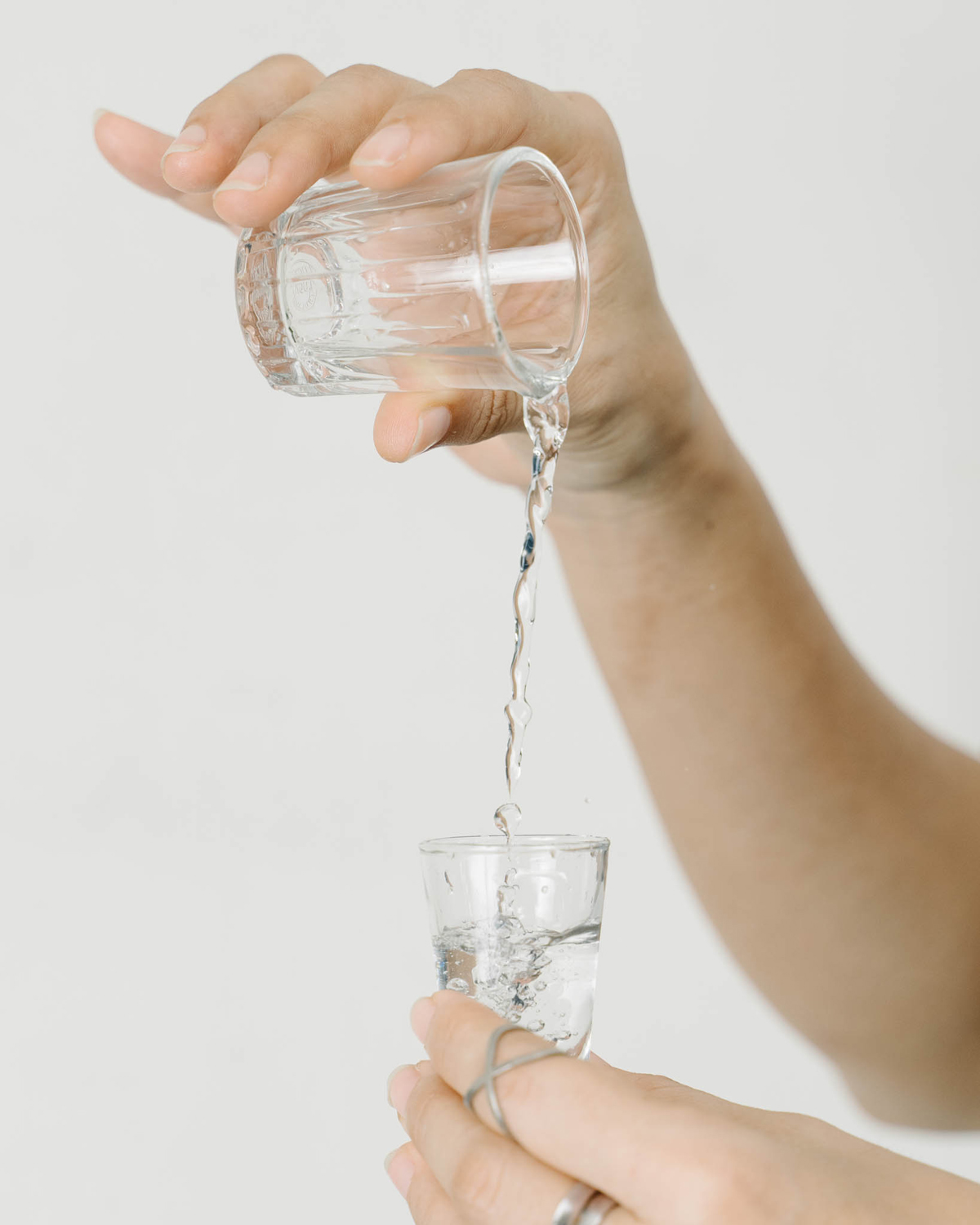
Niki: What are your thoughts now about buying new clothes, and the retail industry. I’m like you, I love fashion but now my life has changed and I no longer work in the fashion media where you are constantly buying new items. But, I’m also aware that the fashion manufacturing industry supports more disadvantaged women and their families than any other industry. I’m conflicted. I want to support young designers, or brands that support ethical production, but I feel bad about buying more clothes I don’t really need.
Jasmine: I know, it’s a conundrum right? I also used to support young fashion designers. I think that’s good, because if you must buy, we should buy less, but buy better; buy sustainable, buy ethical. I think the problem is fast fashion. Fast fashion copies from the runways, produces cheaply, and underpays garment workers; possibly even supporting child labour. Have you watched The True Cost documentary? That really made me think about my position – I love fashion, but I think we already have too many clothes produced on this planet. There are so many beautiful clothing items already made. Why do we have to produce 80 to 100 billion more items annually? Why?
Niki: I know! It’s such a massive issue. With huge international companies producing clothing, that are worth billions of dollars in revenue every year. What can you do?
Jasmine: I get it. When I first started my journey … Here I am trying to save 10 plastic bags while beside me is someone using 100 plastic bags! But then my mentor shared with me the Starfish Story. It’s about a boy trying to save some starfish that had been washed up to shore by the tide. One by one, he tried to toss the starfish back into the ocean. An old man saw him doing this and said ‘boy, forget about it, you can’t save them all’. The boy ignored him, and kept throwing the starfish into the sea. The old man yelled again and told the boy to stop, but the boy refused and said to the old man, ‘look, I can at least make a difference for this one’. It’s so beautiful. I just learned that all I can do is focus on myself and what I can do.
I believe in the ripple effect. Anything that comes from a good intention, from love, can create a good ripple effect. And before you know it, there will be a tsunami of conscious consumers because we can be so powerful. We can shape the future of fashion and the industry. Look at the [fashion] brands now, they are all talking about sustainability. Sure, there is greenwashing, but more and more consumers are asking the important questions. Who made my clothes? Who made the fabric? If we don’t get the answers, then we don’t buy. And if we don’t buy, then there is no business.
[Making a] difference can start from any point.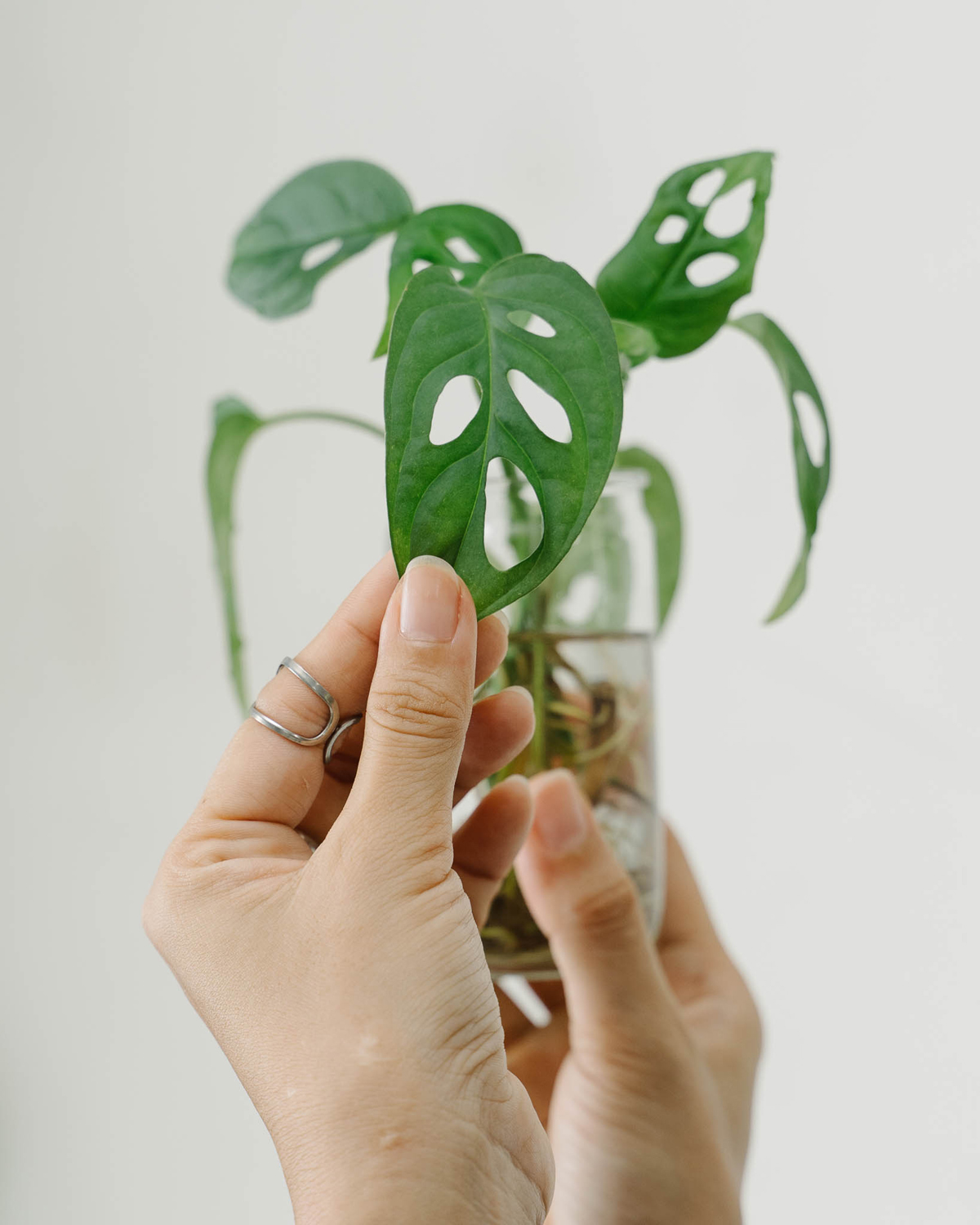
Niki: I think your attitude is really brave. You are continuing to fight, while many people just give up because they feel like they can’t make a difference. What keeps you so positive?
Jasmine: When you reach the lowest low of your life, the only way is up. You can make a choice, do I want to look at the world in a good light, or a bad light? What is going to help yourself more? To be happy? Or to be sad? Sure, I can’t save the world by myself, I need a community of people who are as crazy as me. That’s why I really appreciated living in Malaysia. The community spirit, the kampung spirit is really strong. They take matters into their own hands, and the community makes the changes. I just hope I can bring that kampung spirit back to Singapore.
I can’t do it alone, we need to do it together. I have a lot of fashion friends in Singapore, and some of them are already aware of the issues [with over-consumption] but they’re not vocal about it. Some friends have just started [being interested] and they reach out to show me what they have done. ‘Look, I brought my own container!’ and they have been very understanding [about my new zero waste lifestyle]. Like when we dine out. Once in Malaysia, when we ordered drinks and I asked for no straw in my drink, my friends would be like ‘OK, all this table, no straw’. When you try to do your best in a loving way, people are more inclined to help you. Rather than yelling, ‘oh you guys, you shouldn’t do this, do that!’ in an angry manner, people are more likely to run away from you.
Don’t be an angry eco warrior, use love instead. If Jasmine, the shopaholic can stop shopping, so can you.
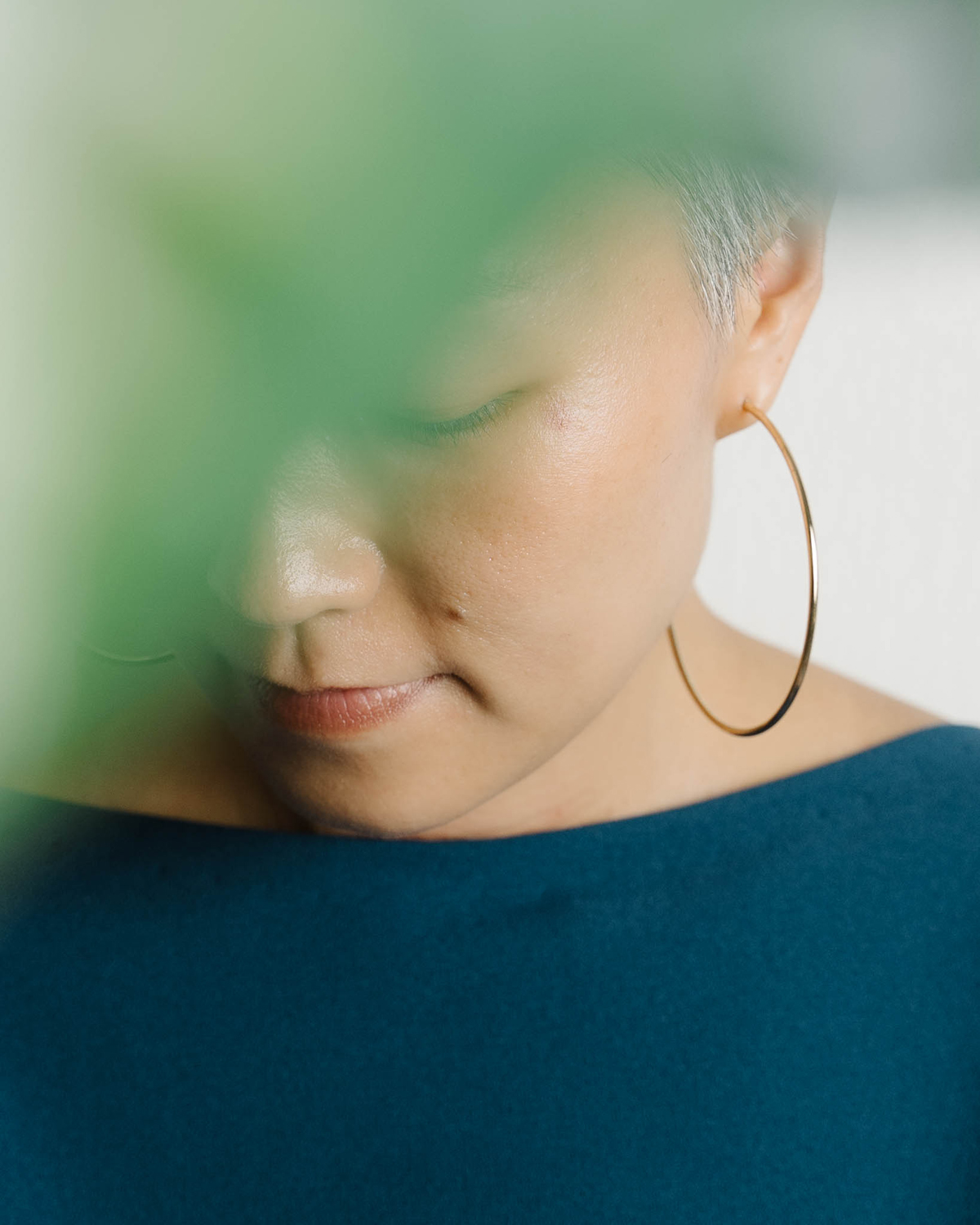
Share this :
Follow us :
ADVERTISEMENT
LATEST ARTICLE
Krerkburin Kernburi’s SurrealLand! Is A Series Of Extraordinary Photos Of Ordinary Days Of Our Lives
In Conversation: Lam Gia Khang Promotes Balance and Stillness Through Minimal Design
“Cham Community Project” – A Redemptive Celebration Of Muslim Community In Siem Reap
SIMILAR ARTICLES



